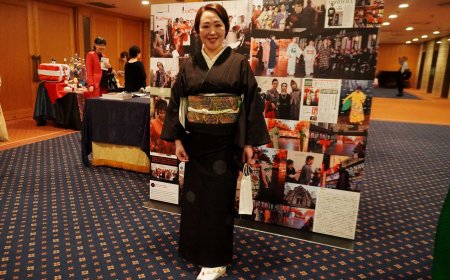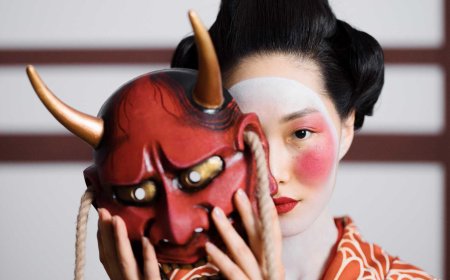Pros and Cons of Marrying a Japanese Citizen: A Cross-Cultural Commitment
Marrying a Japanese citizen can open doors to residency, cultural richness, and family life in Japan, but it also comes with challenges like cultural differences, legal complexities, and societal expectations.

The Reality of International Marriage in Japan
With Japan’s global charm, strong traditions, and modern lifestyle, it’s no surprise that many foreigners find love—and long-term commitment—within its borders. But marrying a Japanese citizen is more than a romantic decision; it’s a life-altering choice with both advantages and hurdles.
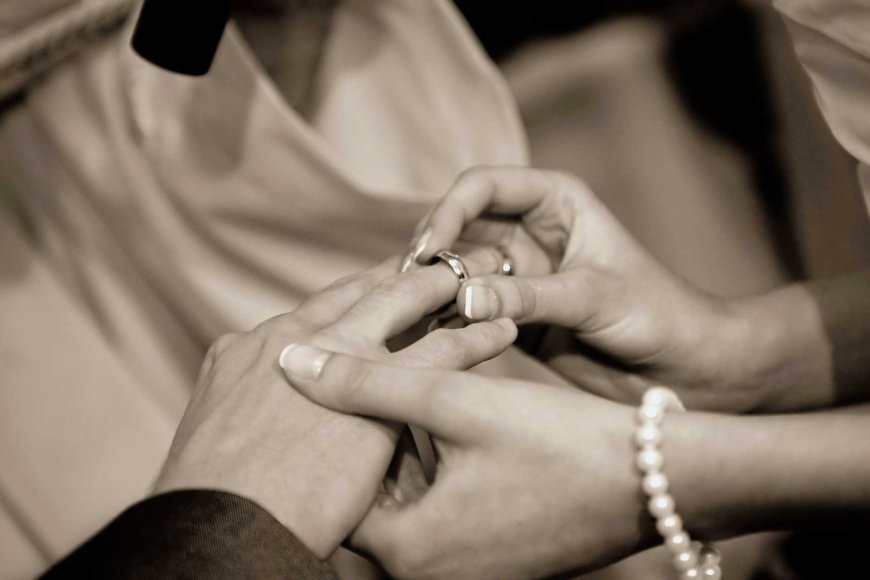
✅ PRO: Legal Path to Residency and Visa Stability
One of the most practical benefits of marrying a Japanese citizen is the eligibility for a Spouse of Japanese National visa. This visa allows you to live and work freely in Japan and can eventually lead to permanent residency if certain requirements are met.
You’ll gain legal stability in Japan, making it easier to find work, access healthcare, and travel in and out of the country. It’s a foundation for building a long-term life in Japan with fewer legal restrictions.

✅ PRO: Deep Cultural Immersion and Language Learning
Living with a Japanese spouse often means immersing yourself in authentic Japanese culture—from everyday customs to national holidays, cuisine, and traditional family values.
This experience naturally enhances your Japanese language skills, helps you better understand social norms, and gives you a more intimate understanding of life in Japan that tourists or temporary residents rarely experience.
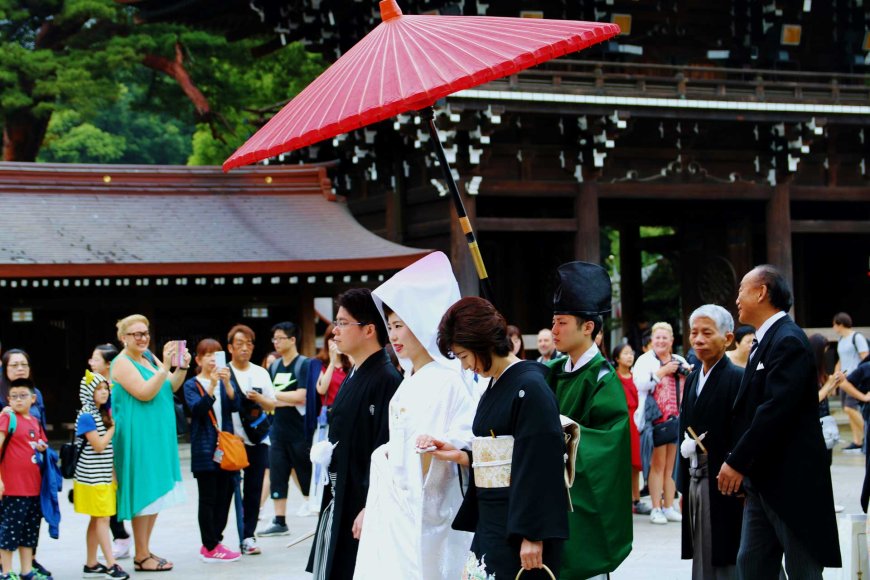
✅ PRO: Social Respect and Strong Family Bonds
Japanese society tends to value the institution of marriage, and being married to a Japanese national can increase your perceived stability and integration into community life. If your in-laws are accepting, you may also gain a supportive family network.
Especially in smaller towns, being a legally married couple can help you earn the trust of neighbors, schools, and employers, which might otherwise be hard for a foreigner alone.

✅ PRO: Dual-Cultural Children and Broader Opportunities
If you plan to have children, being part of a bicultural family offers them the best of both worlds: exposure to multiple languages, global perspectives, and access to educational or residency opportunities in both your home country and Japan.
Japan is also a safe and structured place to raise children, with good healthcare and education systems—though more on the challenges of that below.
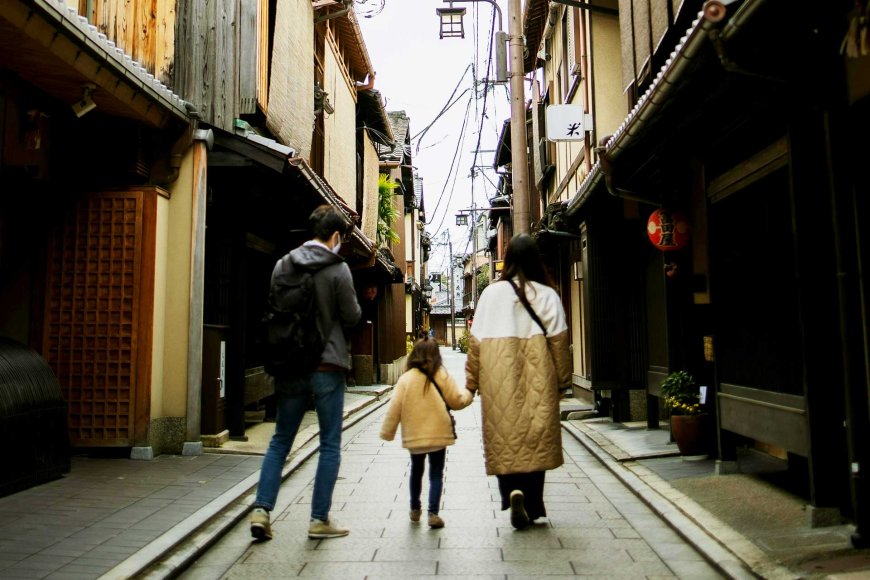
❌ CON: Cultural and Communication Barriers
Even couples who deeply love each other can struggle with cultural misunderstandings. Differences in emotional expression, conflict resolution, expectations of gender roles, and even holiday customs can create tension over time.
If one or both partners aren’t fluent in the other’s language, communication breakdowns may occur during disagreements, making conflict resolution harder and causing emotional distance.

❌ CON: Pressure from Japanese Family Expectations
Some Japanese families can be traditional and may expect you to adopt local customs, speak formal Japanese, or even follow unwritten rules about etiquette, child-rearing, or family obligations like caring for elders.
You may feel pressured to conform or to constantly prove your loyalty to the family, which can be overwhelming, especially if your cultural background emphasizes individuality over conformity.

❌ CON: Legal and Bureaucratic Complexity
Japanese bureaucracy is known for being strict and paperwork-heavy. Registering your marriage, applying for spouse visas, and changing residency status all require accurate documentation, translations, and visits to government offices.
In the event of a divorce, things can get even more complicated. Japan does not recognize joint custody after divorce, which means if you have children, you could lose legal access depending on court decisions.

❌ CON: Career and Lifestyle Limitations for Foreign Spouses
While the spouse visa allows you to work, many foreign spouses find it difficult to land stable, full-time jobs outside of English teaching or service industries. Language proficiency, work experience in Japan, and age all factor into employability.
There may also be social expectations for foreign spouses to take on more domestic roles, especially if the Japanese partner’s family holds traditional views. This can be a major lifestyle adjustment for some.

✅❌ BONUS: Where You Live Makes a Difference
Marrying a Japanese citizen in Tokyo versus a small town in Niigata or Okinawa can feel like two different worlds. Urban areas are more internationalized and accepting, while rural regions may be less accustomed to intercultural marriages.
The degree of social acceptance and access to support networks like expat groups or legal aid can vary greatly by location, influencing your experience as a couple.

Love, Law, and Lifelong Learning
Marrying a Japanese citizen is a beautiful blend of love and cultural exchange, but it’s also a decision that requires serious thought, planning, and openness to change. The benefits are many—legal stability, deep immersion, and cultural legacy—but the challenges, especially around communication and societal expectations, shouldn’t be underestimated.
If approached with mutual respect, adaptability, and a willingness to learn, intercultural marriages in Japan can be profoundly rewarding and eye-opening.
Nipino.com is committed to providing you with accurate and genuine content. Let us know your opinion by clicking HERE.









